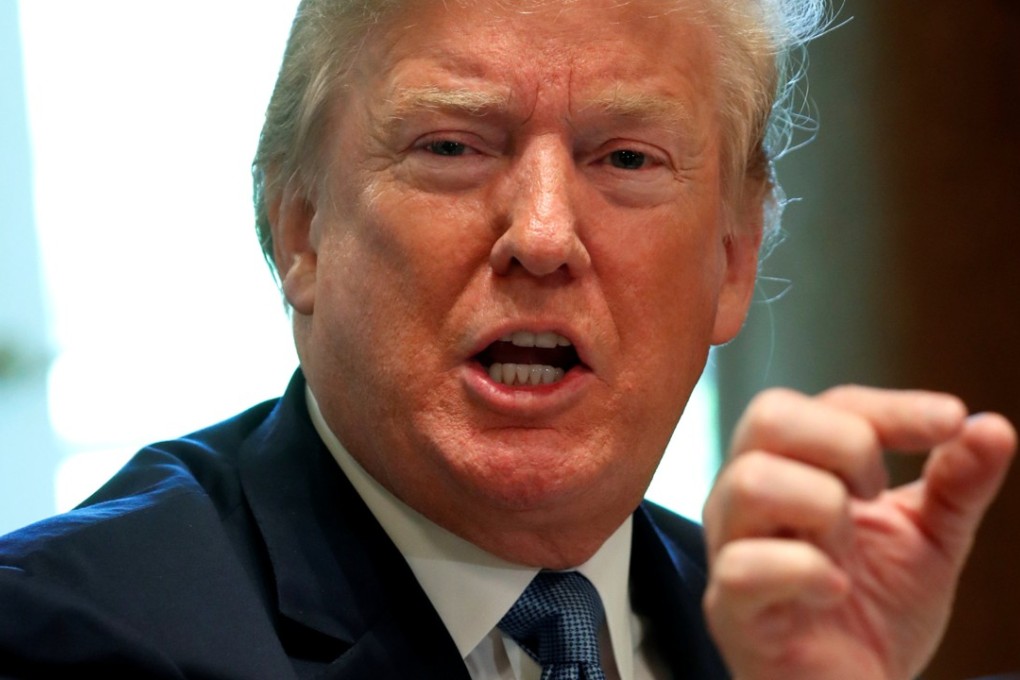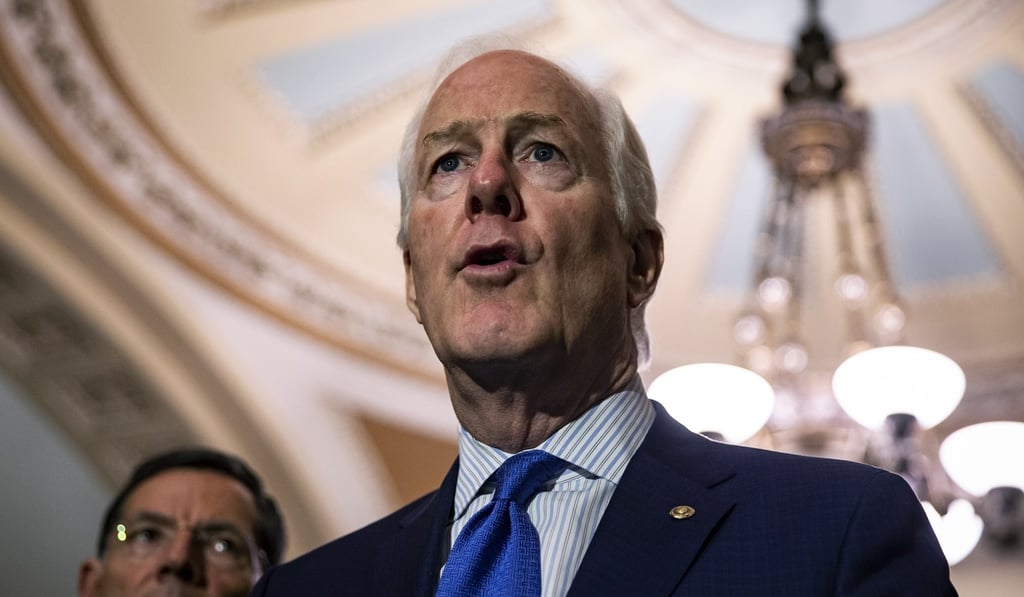‘We can’t let people steal’: Donald Trump talks of blocking Chinese tech investments
US President says the Committee on Foreign Investment in the United States could be used to counter the acquisition of firms that develop advanced technologies

US President Donald Trump hinted on Tuesday that he would restrict Chinese investments in the US through a government agency that has already derailed several proposed acquisitions over the past year.
Speaking at a lunch with lawmakers in Washington, Trump said the Committee on Foreign Investment in the United States (CFIUS) would help counter the acquisition of US companies that develop advanced technologies.
“We have the greatest technology in the world. People copy it and they steal it, but we have the great scientists, we have the great brains, and we have to protect that, and we’re going to protect it,” Trump said. “And that’s what we were doing. And that can be done through CFIUS. We have a lot of things we can do it through. And we’re working that out.”
“We want to have our jewels. Those are our great jewels. That’s like United States Steel from 70 years ago, these companies. We have to protect these companies. We can’t let people steal that technology.”

CFIUS is on course to get a wider mandate and sharper teeth as a bipartisan group of lawmakers is pushing the Foreign Investment Risk Review Modernisation Act (FIRRMA), through Congress with broad support from both parties.
FIRRMA would require more companies that invest in, or form joint ventures with, certain US businesses not only to submit to a review by CFIUS, but to pay the agency at least US$300,000 for the work. The equity threshold triggering a mandatory CFIUS review would drop to as low as 10 per cent for some transactions, from 50 per cent now.